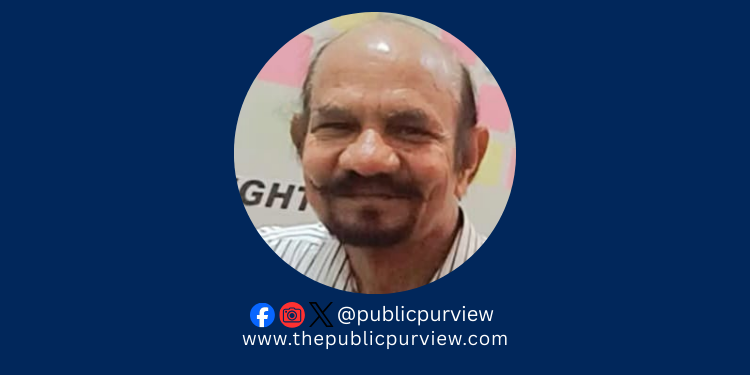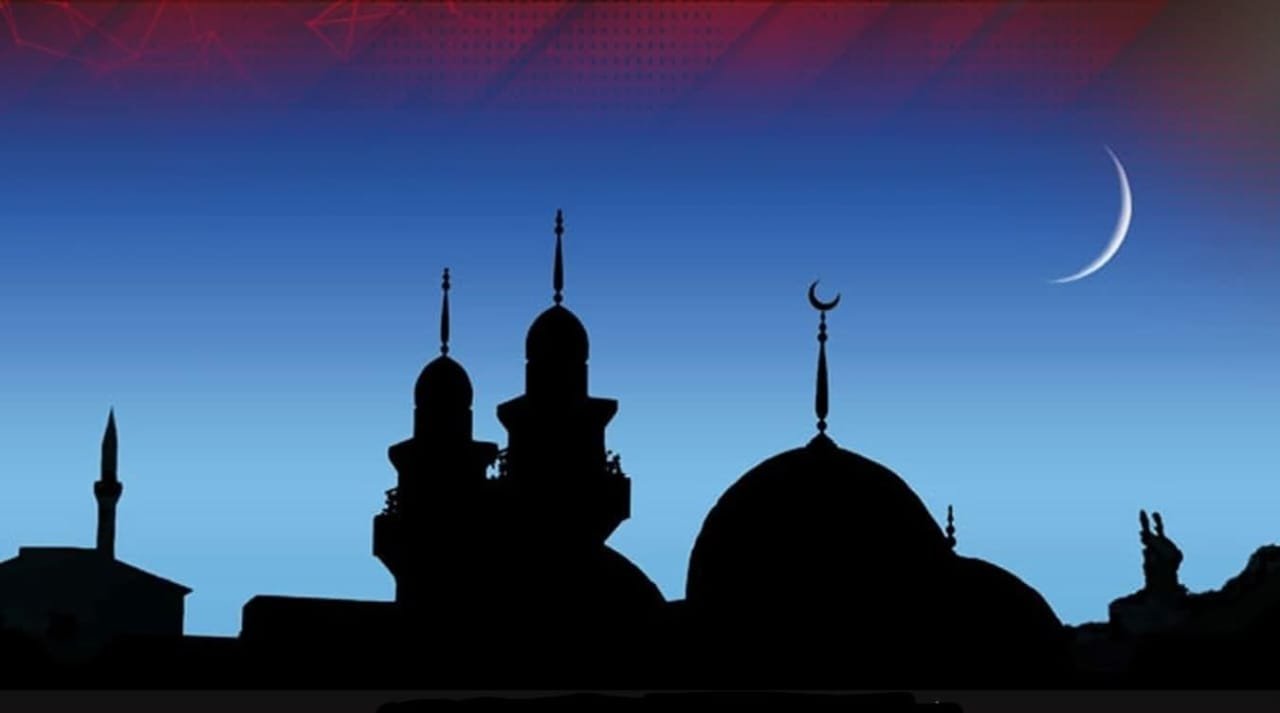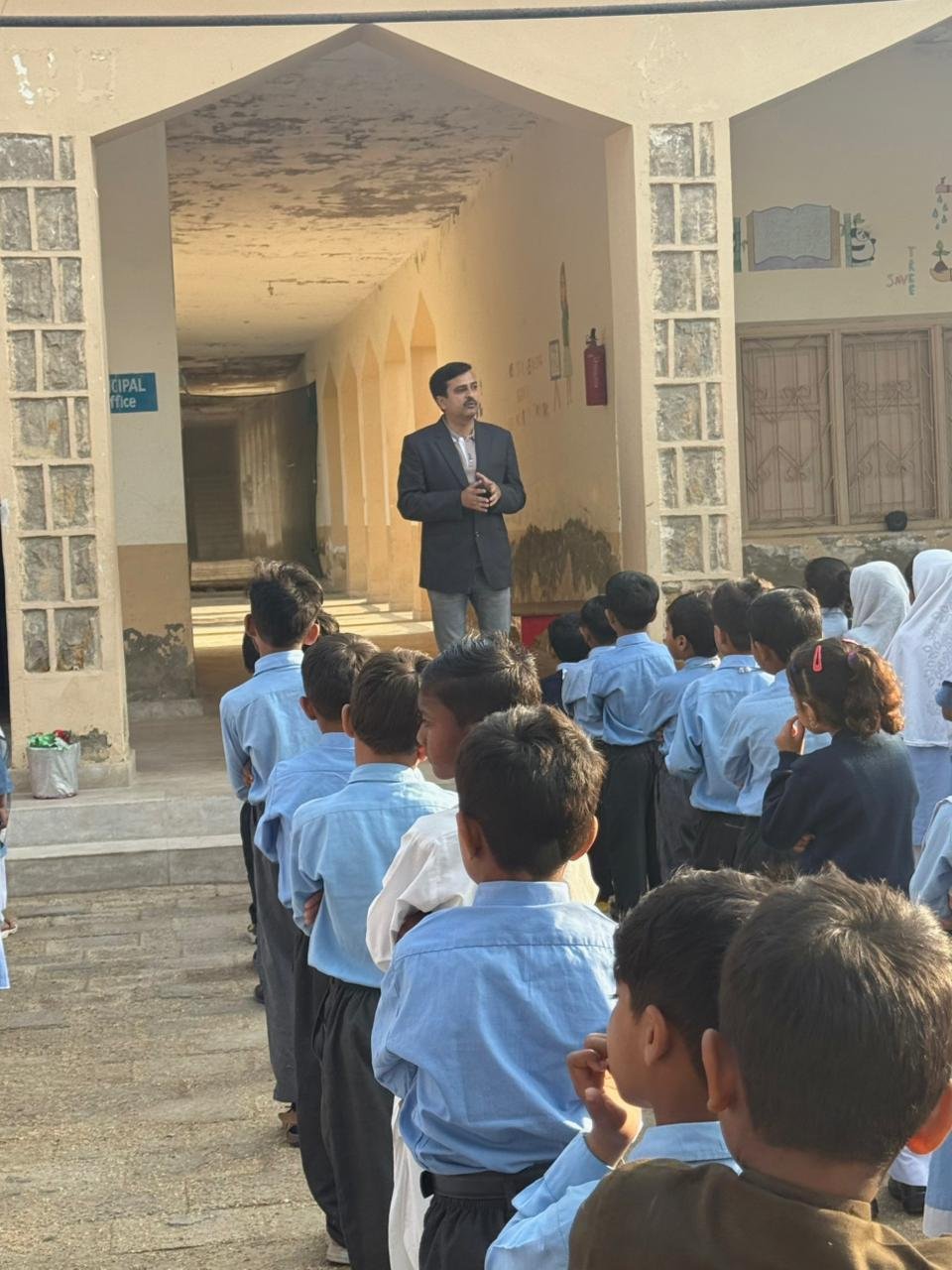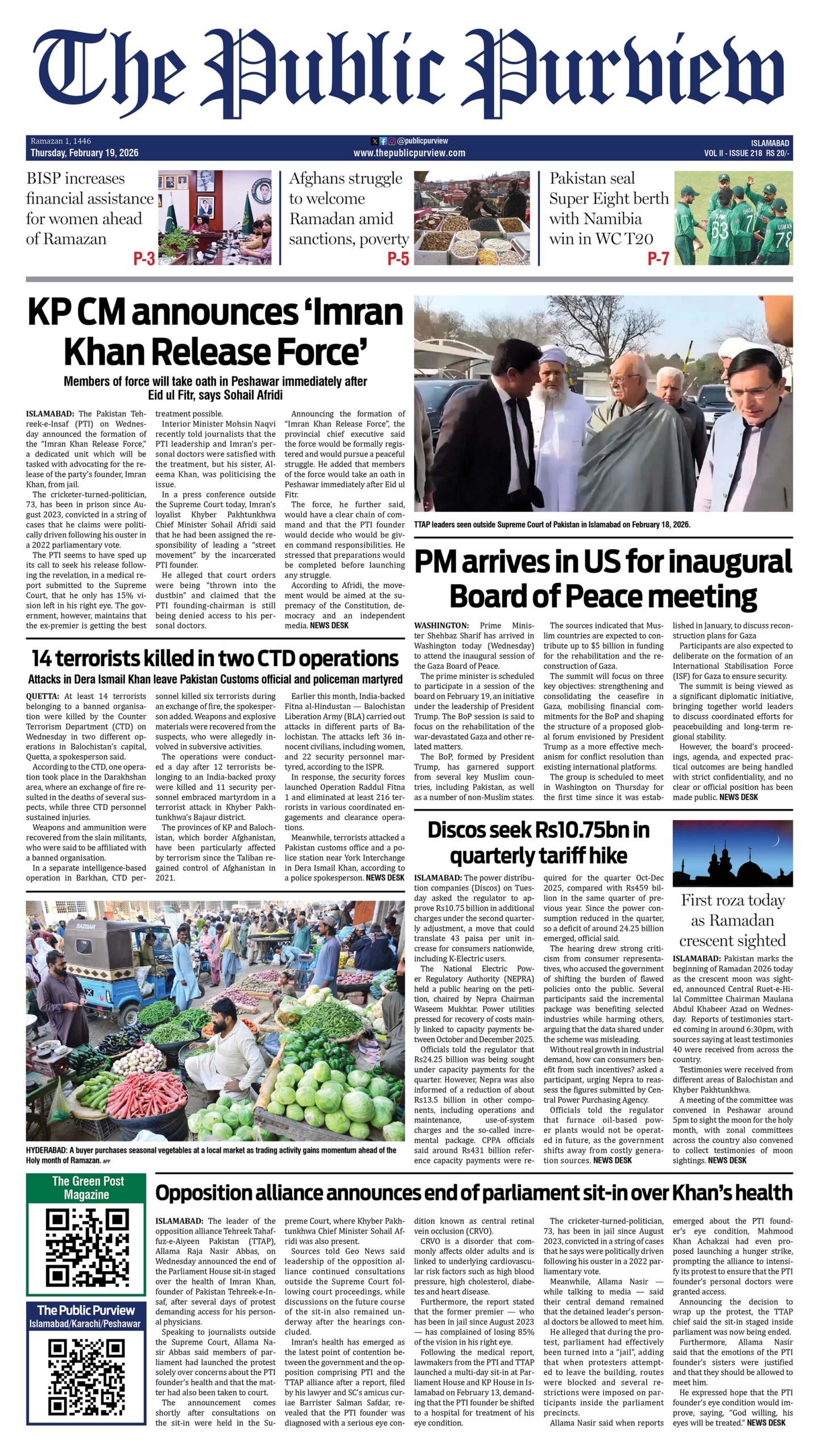By Zartaj Chaudhary
6 September is the day when soldiers became the backbone of our national pride, when sacrifice became the language understood by the heart, and when the world witnessed that Pakistan’s defenders do not merely react, they prevail. Defense and Martyrs’ Day is not just a commemoration of the past; it serves as a reminder of Pakistan’s continuous commitment to protecting its sovereignty, preserving peace, and securing its future. What often goes unnoticed, however, is that the spirit of that day did not end in 1965. It lives on in every soldier who patrols our borders, every operation that neutralizes emerging threats, and every strategic decision that keeps the nation safe from chaos and disorder. From the legacy of past heroism to modern milestones like Operation Marka-e-Haq, Defense and Martyrs’ Day reflects a story still unfolding—one in which sacrifice and strategy walk hand in hand, and patriotism speaks louder through action than rhetoric.
When the Indian army crossed Pakistan’s international border on the morning of 6 September 1965, it was not just an act of aggression; it was a test of whether a nation barely 18 years old could defend its existence. Outnumbered nearly three to one in men and machines, Pakistan’s forces stood their ground with a resolve that far outweighed statistics. The martyrs who fell in those days did more than secure Lahore or Sialkot—they etched into Pakistan’s consciousness the idea that sovereignty is sustained by sacrifice, not by numerical strength. Analysts often recall how the Battle of Chawinda became one of the largest tank battles since World War II, but its real significance lies in the message it carried: that Pakistan’s survival would always rest on the courage of its people in uniform. Beyond numbers, the war carved a psychological victory; it proved that defense is not merely a function of weaponry but of unity, conviction, and an unshakable belief in one’s cause. Defense and Martyrs’ Day, then, is not only about remembering the past; it is about recognizing that the sacrifices of 1965 provided the strategic confidence on which Pakistan’s defense doctrine continues to stand.
That foundation of sacrifice has since shaped an institution that is no longer defined solely by the battlefield. The Pakistan Army today is as much a force of adaptation as it is of defense. The valor of 1965 resonates even more profoundly in today’s complex security landscape, where threats are no longer defined by tanks crossing borders but by terrorism, hybrid warfare, cyber incursions, and regional instability. In response, the armed forces have broadened their mandate: from clearing terrorist strongholds in the tribal belt to constructing bridges in flood-hit areas, from safeguarding borders in Balochistan to contributing troops to UN peacekeeping missions abroad. Each role reaffirms the same principle forged in 1965, that defending Pakistan means protecting not only its territory but also the dignity, stability, and future of its people. In this sense, the soldier of today carries the legacy of the martyrs, but with tools and responsibilities far more complex, proving that resilience is not just inherited, it is constantly renewed.
Nowhere is this evolution more visible than in Operation Marka-e-Haq, which demonstrated how the resolve of 1965 has been transformed into the strategy of today. Where martyrs once stood firm against invading armour, today’s soldiers confront terrorists’ networks and asymmetric warfare with the same clarity of purpose. Marka-e-Haq was not only about eliminating hostile elements; it was about reaffirming the state’s writ, restoring public confidence, and proving that Pakistan’s armed forces remain the ultimate guarantors of national stability. In its execution, the operation bridged past and present—demonstrating that while the theatre of conflict has shifted from open fields to shadowy frontlines, the spirit of sacrifice, discipline, and vigilance remains unchanged. Just as the soldiers of 1965 gave the nation belief in its survival, Marka-e-Haq has given Pakistan renewed faith in its future.
The martyrs of 1965 and the victories of Marka-e-Haq both whisper the same truth: resilience is born when people place absolute trust in those who guard their tomorrow. For today’s youth, that means moving beyond ceremonial admiration to practical ownership of this legacy—whether by guarding national unity against division, embracing resilience in the face of crisis, or simply refusing to let cynicism dilute trust in the defenders of our soil. Today, as hybrid wars and shifting geopolitics test our resolve, the Pakistan Army continues to embody that covenant, standing as shield that absorbs threats so the nation can dream of progress. Defense Day is therefore not a ritual of remembrance; it is a call to renew the covenant between soldier and citizen, ensuring that blood once shed for survival continues to give strength for progress.
The writer is a freelance columnist and can be reached at zartajchaudhary@gmail.com







 Today's E-Paper
Today's E-Paper